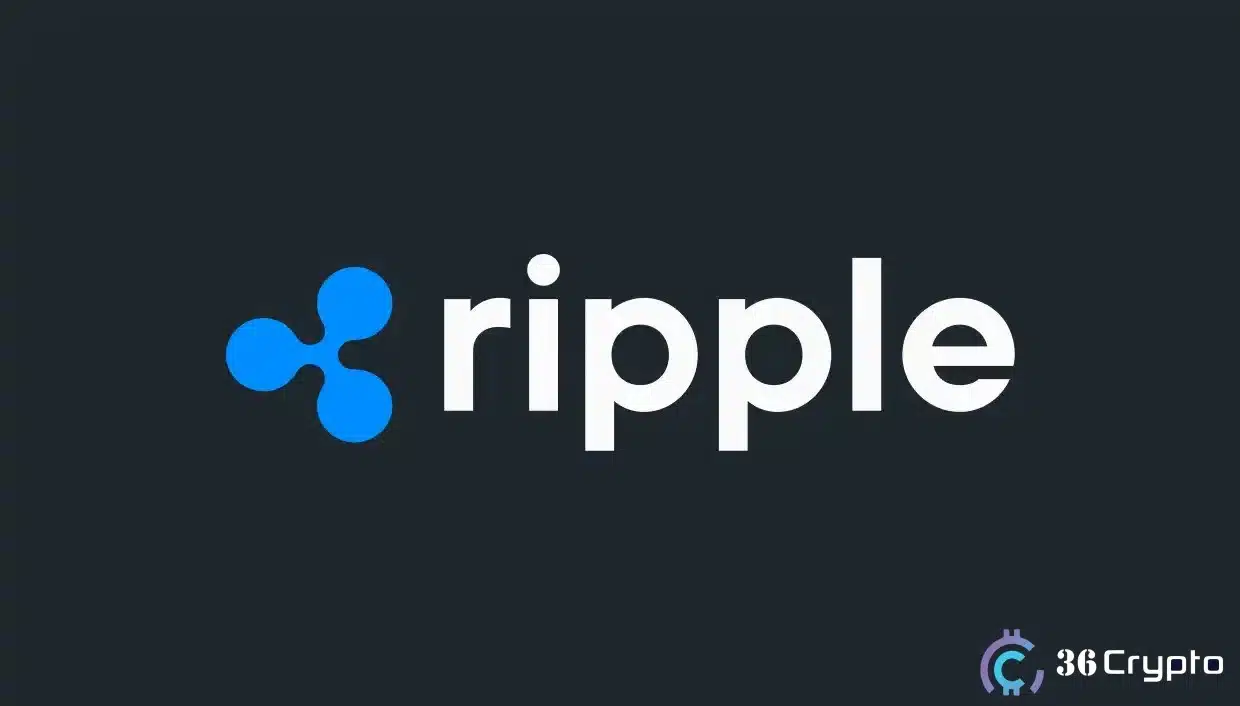Last updated on October 11th, 2024 at 01:16 pm
Ripple, the blockchain company behind the XRP token, has burned several batches of its Ripple USD (RLUSD) stablecoin after a significant minting week. The Ripple Stablecoin Tracker account on the X platform reported that Ripple conducted four consecutive burns, totaling 470 million RLUSD, through the RLUSD Treasury. This included two batches of 115 stablecoins and two batches of 120 stablecoins.
This burn came after Ripple issued nearly 50 million RLUSD over the past week. The company minted multiple batches, including one of 10 million RLUSD and several containing approximately 6 million each. These actions were taken right after Ripple posted a notice to its community on potential scams associated with its RLUSD project, which is still in beta.
Also Read: Ripple Mints 42 Million RLUSD Ahead of Q4 2024 Launch
User Vigilance Advised During Beta Phase
Since the beginning of August, Ripple has been testing its new stablecoin, which is pegged to the U.S. dollar and backed by cash and cash equivalents. In a reminder to the XRP community, Ripple provided information that RLUSD is still in its private beta. For this reason, users should be careful, as people will always try to take advantage of the project during its testing stage. Ripple stated that RLUSD is still not open to purchasing transactions to clear the confusion.
Ripple, known for launching the XRP token in 2012 to enhance cross-border payments through bank partnerships, continues to refine its stablecoin initiative. The recent creation and then elimination of RLUSD demonstrate Ripple’s commitment to having a smooth start with no hitches and protecting its consumers.
The company has been very transparent throughout and has called out its community to be wary of potential scams regarding the stablecoin. As Ripple prepares to nail down the RLUSD, it has cautioned that user awareness must be essential in this ever-shifting digital asset niche.
Also Read: Ripple USD (RLUSD) Launch Faces Platform and Functionality Challenges
